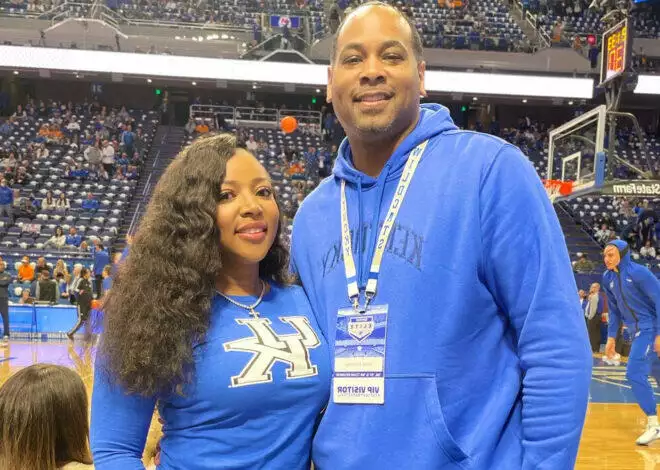Child Custody Rights
Child custody rights vary based on state regulations and the family’s particular situation. Most courts determine child custody rights by taking several factors into consideration, including the child’s age, the child’s mental health, the child’s physical state, the parents’ mental and physical health, social factors, emotional bonds among various members of the family, the child’s location, the impact of custody changes on the child and–in cases where the child is around age 12–the child’s preference.
Function
Court cases determining custody have the primary function of considering which parent or guardian can provide the most stable environment for a child. Social workers, counselors and judges involved may speculate on which parent will more likely encourage the child to maintain a relationship with the other parent. In some cases, this means that younger children are most likely to remain with their primary caregiver. For older children, the emphasis may be on staying in the same school, neighborhood, or church or social groups.
Effects
Child custody rights often include reference to reasonable visitation rights. This language can result in a difficult situation if the custodial parent does not ensure that the noncustodial parent has frequent or consistent visits with the child. For this reason, some courts have the interested parties create a parenting plan that includes a schedule of visits and delineation of various responsibilities.
Types
The most common type of child custody rights center upon determining a custodial parent. However, courts are increasingly ordering various types of joint custody arrangements. Parents may share physical custody equally, or parents may share legal custody, meaning that they must corroborate on issues regarding religious, educational, medical and legal decisions.
Misconceptions
One of the most prevalent misconceptions regarding child custody rights pertains to gender stereotypes. Fathers assume that courts automatically award primary custody to mothers. The fact is, many parents in the past and present have agreed that the mother should have primary custody, but there is no state or federal law that requires it. Mothers and fathers have the right to request a joint custody arrangement or to ask that the father be awarded primary custody. If the father has a better schedule and can offer better care, he may be awarded primary custody.
Potential
Child custody rights have entered a new era in which lawyers and witnesses need not be involved. Parents who resolve their custody issues via mediation benefit from avoiding legal fees and what tends to be an adversarial process. A mediator supports parents as they sort through custody issues. Many people arrive at an equitable arrangement within a couple of weeks, while legal battles can transpire for months. For more information about mediation and other resolutions, consult the Nolo Press website (see Resources below).




